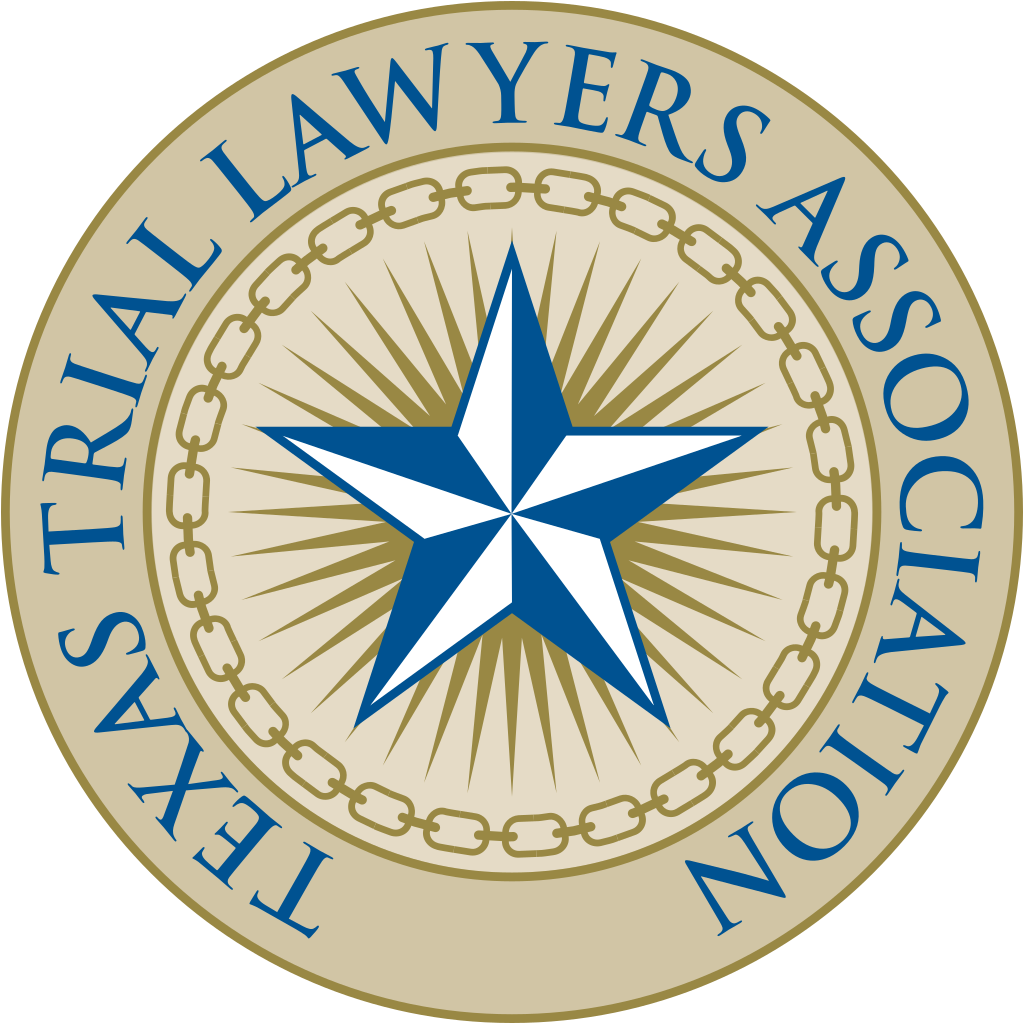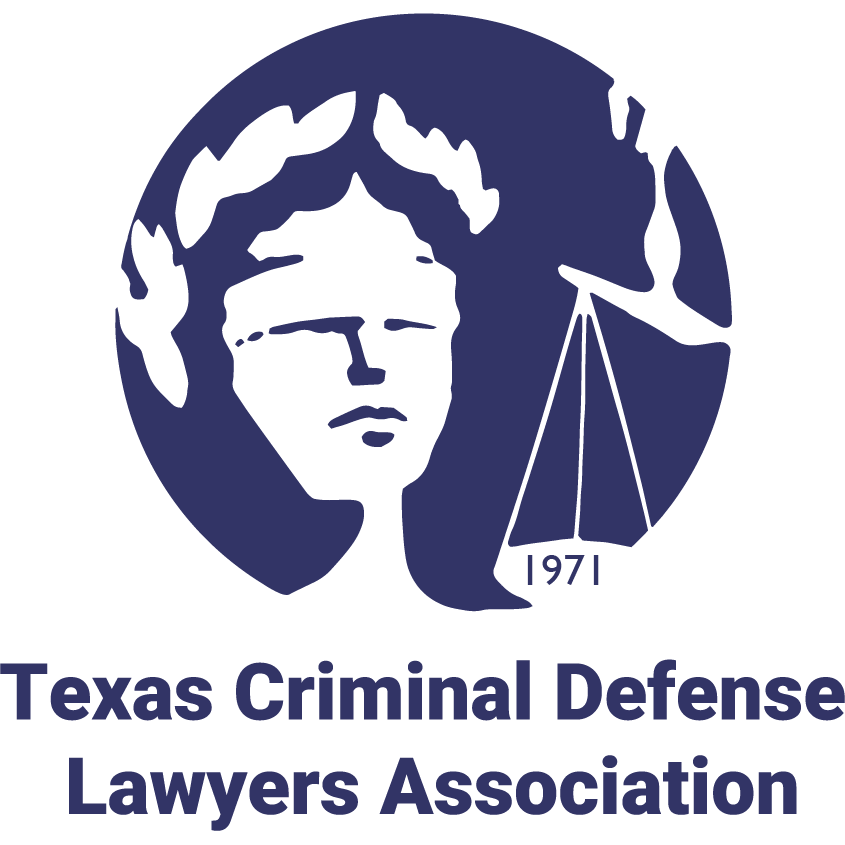Dallas/Fort Worth Child Pornography Attorney
If you have been accused of possession of child pornography, you cannot afford to delay hiring an experienced child pornography lawyer. Being convicted on possession or distribution of child pornography charges carries drastic, lifelong consequences; the only way to protect your freedom and your reputation is to work with a Fort Worth sex crimes attorney from Sellers Law Firm.
Child pornography defense is possible — when the world seems against you, the team at Sellers Law Firm is here to ensure your rights are protected and that you are represented with the care and thoroughness serious charges like these deserve.
You only have one shot at clearing your name — make it count. Call us at 817-928-4222 to speak with an attorney and begin building your case right away.
What is Considered Possession of Child Pornography?
Texas Penal Code 43.26 outlines Texas’ child pornography laws and explains what it means to possess or promote child pornography in the eyes of the law. According to the statute, a person commits this offense if:
- The person knowingly or intentionally possesses or accesses visual material that depicts a child younger than 18 years of age who is engaging in sexual conduct. This includes a child who engages in sexual conduct as a victim of an offense under Section 20A.02(a)(5), (6), (7), or (8), and the person must have intent to view the material; and
- The person knows that the material depicts the child as described by Subdivision (1) (Section 43.26).
In this context, sexual conduct refers to “any touching of the anus, breast, or any part of the genitals of another person with the intent to arouse or gratify the sexual desire of any person,” or any sexual intercourse/penetration.
In simple terms, knowingly owning any material featuring a minor engaging in sexually explicit acts can be legally considered possession of child pornography, which can also be charged as a federal offense.
Being convicted of possession of child pornography in Texas carries the following penalties:
Possession of child pornography penalties in Texas:
- First offense: 2-10 year prison sentence and a fine of up to $10,000
- Second offense: 2-20 year prison sentence and a fine of up to $10,000
- Subsequent offense: 5-99 year prison sentence and a fine of up to $10,000
Additional penalties for possession of child pornography in Texas, regardless of criminal history:
- Registration on the sex offender list
- Permanent criminal record
- Inability to hold certain jobs
- Inability to live in certain places
- Revocation of right to vote
- Revocation of right to own firearms
- Revocation of child custody or visitation
- Denial of citizenship, visa, permanent residency, or deportation
If charged with possession of child pornography at the federal level, the penalties are even more severe:
- First offense: 5-20 year prison sentence
- Second offense: 15-40 year prison sentence
Additionally, reaching out to a minor to obtain explicit images is far more severe than soliciting prostitution (learn more about prostitution in Texas) – if accused of this offense, you’ll be facing charges of solicitation of a minor, which is charged as a third-degree felony for a first offense.
What is Considered Distribution of Child Pornography?
Distributing child pornography is legally referred to as “promotion of child pornography” and carries more severe penalties than possession. Promotion of child pornography refers to any offense that involves creating, publishing, or distributing materials featuring minors engaging in sexually explicit acts. Additionally, if you are in possession of six or more copies of a single piece of media involving child pornography, you could be charged with possession of child pornography with intent to promote.
Child Pornography Defense Strategies
The court of public opinion may try child pornography accusations very harshly, but you still have rights in court, and there are several valid defense strategies lawyers at Sellers Law Firm can use to challenge the charges brought against you.
The legal definition of child pornography and related criminal acts involve a few key components, and the state’s ability to prove those elements can ultimately determine the outcome of your case. Here’s what we look for when crafting a child pornography defense strategy for our accused clients.
Knowledge
Were you aware that your actions could result in you possessing or distributing child pornography? Proving that you were truly unaware that your actions contributed to a criminal act can be a valid defense strategy if you are falsely accused of possessing child pornography.
Intent
Did you consciously set out to come into possession of or distribute child pornography? Intent matters, especially in the digital era when even passive acts can potentially result in the unintended receipt of illegal materials. If it was an accident or a mistake, you should not be held legally accountable for a crime you did not truly commit. This is especially important in instances of suspected entrapment.
Mistaken Identity
In some cases, child pornography is stored or distributed using someone else’s space or resources. Proving that you were not the actual perpetrator can be deployed as a possible defense strategy for child pornography charges.
The Material Isn’t Truly Pornographic
Not all images of nude children are pornography. Images from medical resources, law enforcement evidence, educational documents, or in some cases, art (like the cover of the album Nevermind by Nirvana), may not legally qualify as child pornography.
Establishing Age
In Texas, you must be at least two years older than the child whose sexually explicit image you are accused of possessing. If you are 18 and accused of possessing child pornography for having a nude photo of your 16-year-old girlfriend, that would not legally qualify as possession of child pornography. If you were 19 however, that same rule would not apply.
Accused of a Child Pornography Offense? Call a Child Pornography Lawyer from Sellers Law Firm Immediately!
The second you think that you may be suspected of an offense related to child pornography, you need experienced help in your corner — and fast. The penalties of a child pornography conviction can be severe and permanent, and the court of public opinion starts working against you the second you’re in cuffs.
Don’t risk losing professional relationships and years of hard work to confusion and misunderstandings. Work with some of the best sex crime lawyers in the Dallas-Fort Worth area. To discuss how we can help contact a child pornography lawyer at Sellers Law Firm by calling 817-345-7920 today.
Why Choose Sellers Law Firm?
- Trial-tested experience
- Free initial case consultation
- In-house investigation services
- Agile, dedicated team
- Award Winning Law Firm
Get Help Now
You only get one shot at this.
Call or message us today.
817-928-4222 Schedule Consultation






















